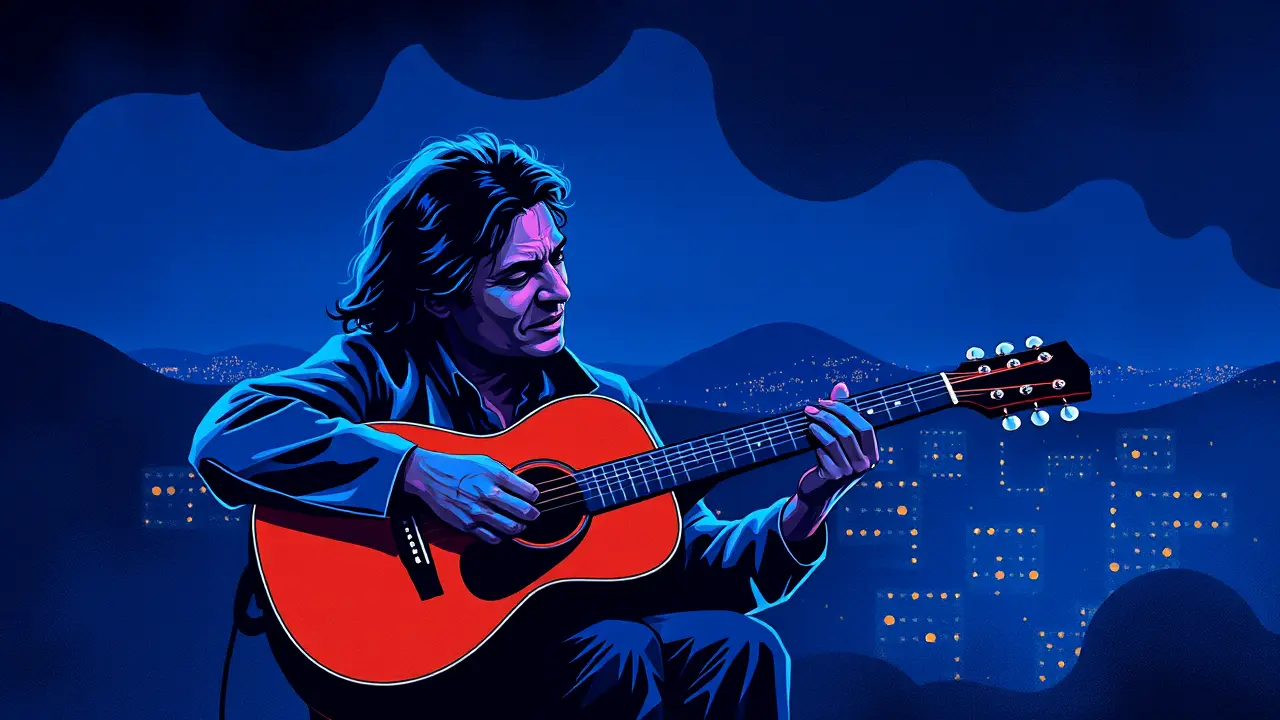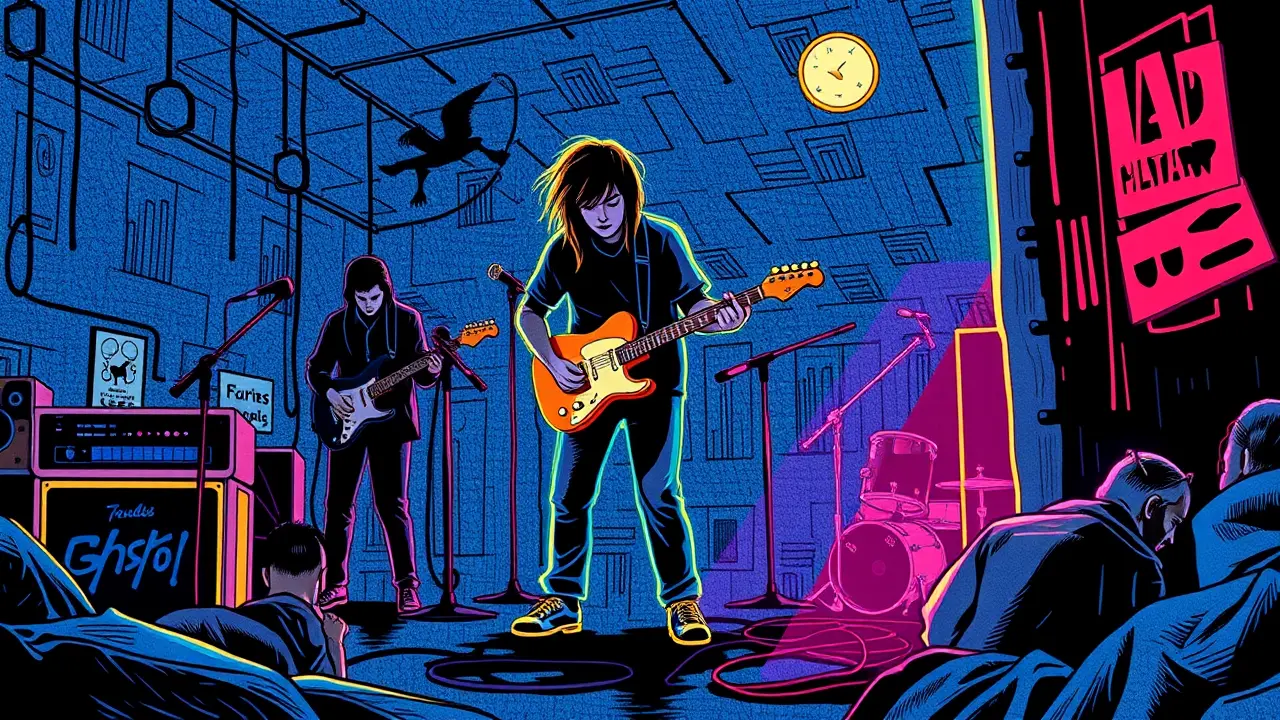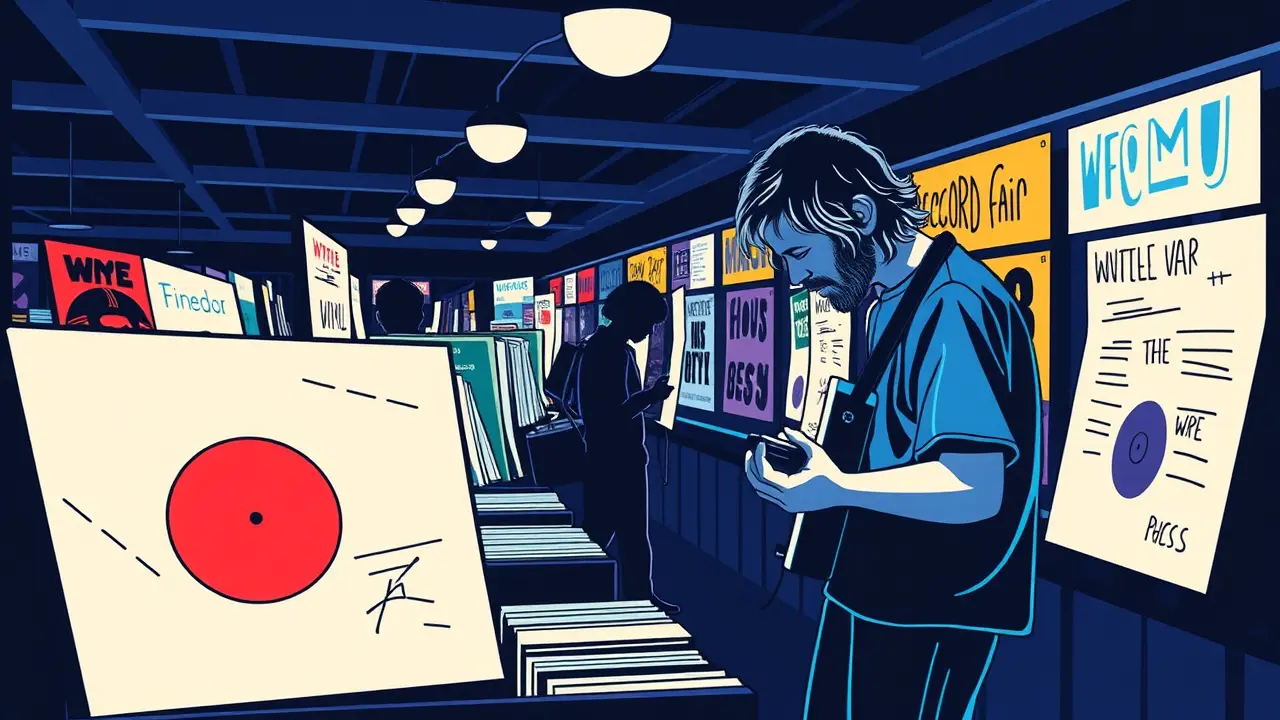
EntertainmentmusicArtist Interviews
Brazilian Musician Lô Borges Dies At Age 73.
BR
Brian Miller
4 hours ago7 min read1 comments
The music world is dimmer today, the final note has sounded for one of its most soulful composers. Lô Borges, the Brazilian singer-songwriter whose delicate guitar work and wistful vocals became the very heartbeat of the seminal 1972 album *Clube da Esquina*, has passed away at the age of 73.According to reports from *Mix Vale*, Borges died in his hometown of Belo Horizonte, a city whose very topography—those rolling hills and sudden, intimate vistas—seemed to be etched into the melodies he created. He was recently hospitalized due to a medication-related infection, a quiet and unfortunate coda for an artist who always seemed to communicate more through his music than through public statements.To understand Borges is to understand a specific, magical moment in Brazilian music, a time when a collective of young artists in Minas Gerais, led by the towering figure of Milton Nascimento, decided to create something that was neither pure bossa nova nor traditional folk, but a new, introspective sound that captured the dreams and anxieties of a generation living under a military dictatorship. *Clube da Esquina* (which translates to 'The Street Corner Club') wasn't just an album; it was a double-LP declaration of artistic independence, a sprawling, cinematic song-cycle that fused Brazilian rhythms with jazz harmonies, baroque pop, and psychedelic rock.While Nascimento was the project's charismatic center, Borges was its quiet, beating heart. His contributions, particularly the eternally youthful and hopeful 'Tudo Que Você Podia Ser' and the hauntingly beautiful 'O Trem Azul', provided the album with its most intimate and enduring moments.His voice wasn't a powerful instrument, but a conversational, almost confessional whisper that drew you into his world of blue trains, lost afternoons, and poetic longing. It was the sound of a young man looking out his window and turning the entire city into a symphony.In the decades that followed, Borges maintained a cult status, his solo work like the self-titled 1972 album and 1979's *A Via-Láctea* being treasured by connoisseurs for their intricate arrangements and profound emotional depth. He never sought the international superstar status that Nascimento achieved, instead remaining a revered figure in Brazil, an artist's artist whose influence quietly permeated the work of countless musicians who followed.His passing is not just the loss of a great musician, but the silencing of a unique voice that helped define the MPB (Música Popular Brasileira) movement. It’s like losing a rare, out-of-print vinyl that you can never quite find again—the music remains, but the specific, warm crackle of its original source is gone. The corner club has lost one of its founding members, and the playlist of Brazilian music will forever have a note of melancholy where his genius once resided.
#editorial picks news
#Lô Borges
#Clube da Esquina
#Milton Nascimento
#Brazilian music
#singer-songwriter
#obituary
Stay Informed. Act Smarter.
Get weekly highlights, major headlines, and expert insights — then put your knowledge to work in our live prediction markets.
Related News
© 2025 Outpoll Service LTD. All rights reserved.













